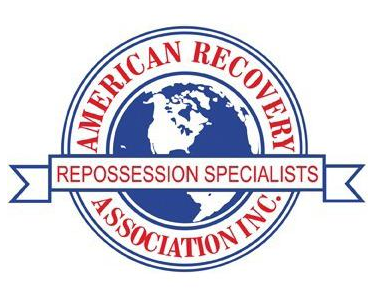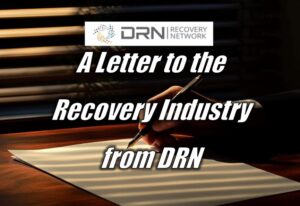
GUEST EDITORIAL
Are Forwarders Asking You to Name Them As “Additional Insured”? Not So Fast.
In a repossession agency’s insurance coverage, the repossession forwarding companies seem to be most concerned with, (Garagekeepers and On Hook Coverage), the adding of an “additional insured” is not an available option because it is a physical damage coverage, meaning it pays for damage or theft of the asset. And this coverage will only pay the current owner of the asset, which is the lien holder. No intermediator has any legal standing as a covered party for this insurance…only the lien holder.
Per Mike Peplinski from Harding Brooks Insurance Agency:
“Additional Insured cannot apply to physical damage (Garagekeepers, On-Hook) because there is no liability coverage under those forms. Those policy types are written to pay the titled owner of the vehicle for damage caused to their vehicle while stored on the lot or while on-hook”.
Now if some party is unhappy with the payout offered as a result of a claim, certainly they could sue, and being an “additional insured” may bolster their position if they want to file against the agents general liability (not physical damage) policy. Generally, “additional insured” status only comes into play as a result of a lawsuit, and would only pick up the legal defense of the insured and additional insured. It wouldn’t necessarily settle the claim in the forwarders behalf, only pay for the defense in court. (This assumes that the insured is named in the lawsuit, if the lawsuit only names the forwarder or lending institution, then the additional insured status would not apply, as there must first be coverage for the insured for any additional insured to be covered on an insurance policy)
One more point to be made to clients: no repossessor’s insurance company is going to cover the loan balance of the vehicle, and in all fairness, neither should the repossessor. The insurance company nor the repossessor has a say in the lien holders lending practices, their willingness to put a customer “upside down” in a vehicle, or their collection practices. The repossessors coverage should only ever extend to the value of the car at the time of the loss, period, as that is all an insurance company is going to pay. The lien holder can acquire GAP coverage if their concern is to come out ahead on each loan. Placing those expectations on the repossessors insurance (or the repossessor themselves) shows corporate greed, and the demand for more places an unfair (and perhaps illegal) burden to place on a service provider.
We hope this helps everyone understand more clearly what coverages are offered and how they may and may not be used.
J. Patrick Altes
Board of Directors
American Recovery Association











Facebook Comments